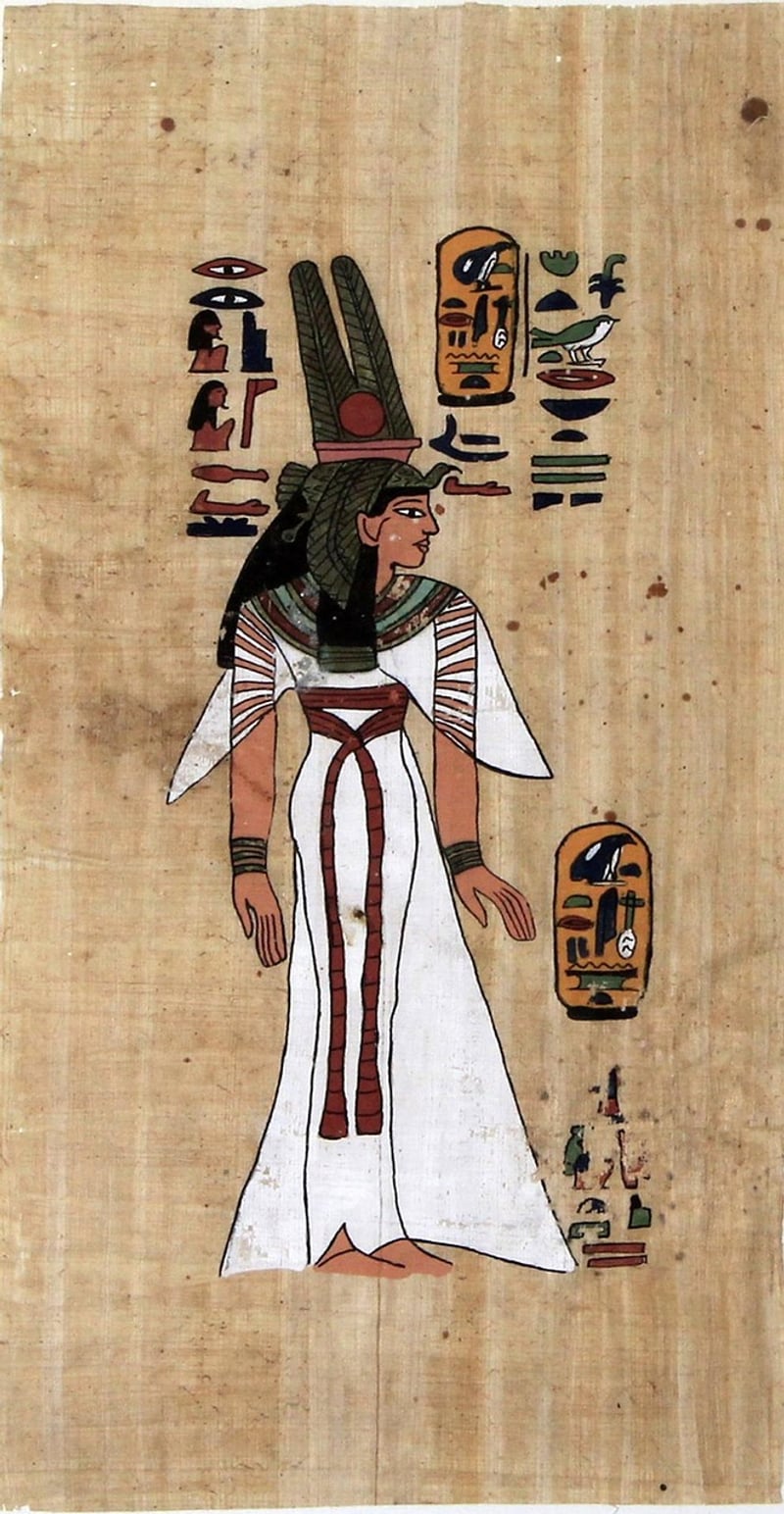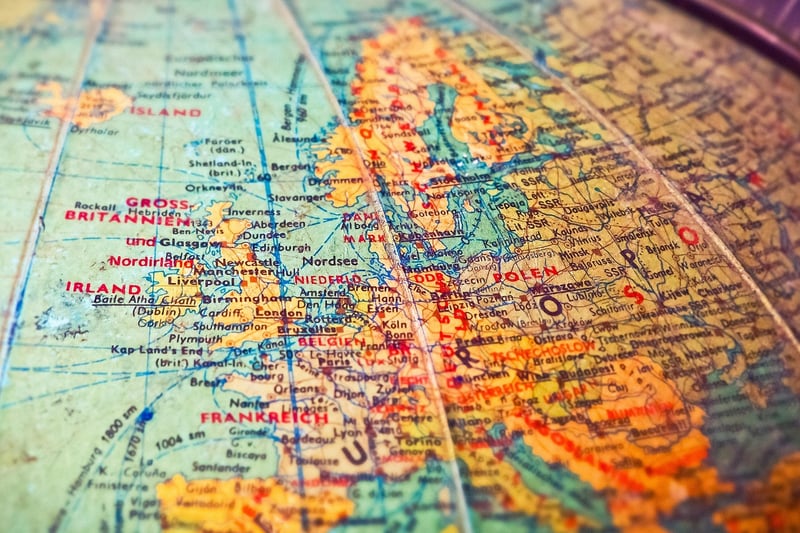Future Exploration
Exploring Different Eras of Human History and Future Exploration
Introduction
Throughout history, humanity has continuously explored and ventured into new territories, both in the physical world and beyond. Let's delve into the various eras of human exploration and what the future holds for our quest to discover the unknown.
Ancient Exploration
Ancient civilizations such as the Egyptians, Greeks, and Romans were pioneers in exploration. They sailed across seas, crossed deserts, and mapped new lands, expanding their empires and knowledge of the world.

Age of Discovery
The Age of Discovery in the 15th to 17th centuries saw European explorers like Christopher Columbus, Vasco da Gama, and Ferdinand Magellan setting sail to find new trade routes and lands. This era marked significant advancements in navigation and cartography.

Space Exploration
In the 20th century, humanity reached for the stars with space exploration. The Soviet Union and the United States engaged in the Space Race, leading to milestones like the first human in space (Yuri Gagarin) and the moon landing (Apollo 11).

Future Frontiers
As we look towards the future, exploration continues to drive human curiosity. From Mars missions to deep-sea expeditions, we are pushing the boundaries of what is possible. Technologies like AI, robotics, and virtual reality are shaping the next chapter of exploration.
Conclusion
Exploration is ingrained in the human spirit, propelling us to seek new horizons and expand our understanding of the world. Whether it's ancient seafarers or modern astronauts, the desire to explore and discover defines us as a species.
Embark on your own journey of exploration, whether it's through history books or gazing at the stars, and be inspired by the adventures that await.
